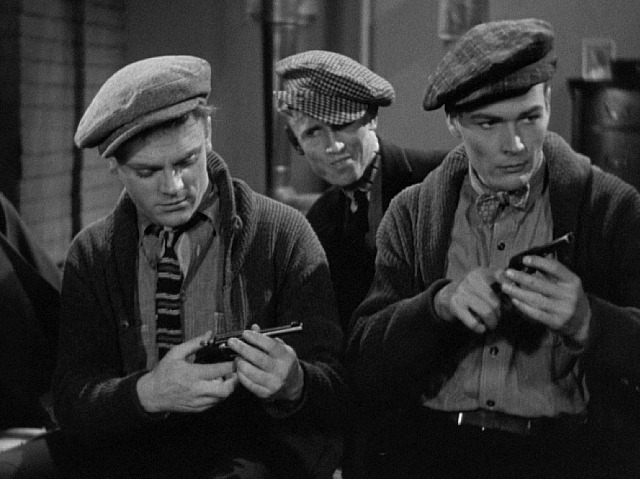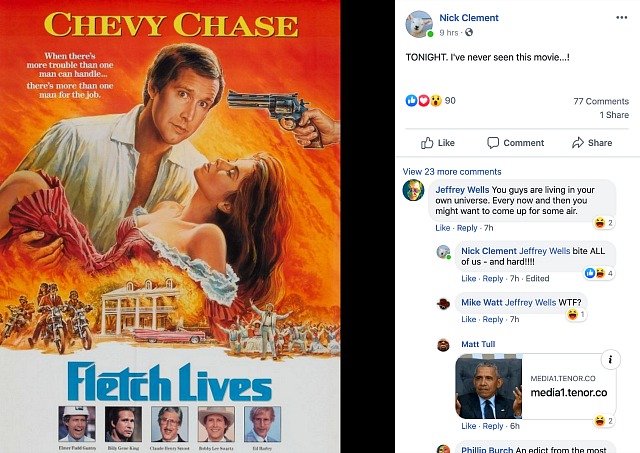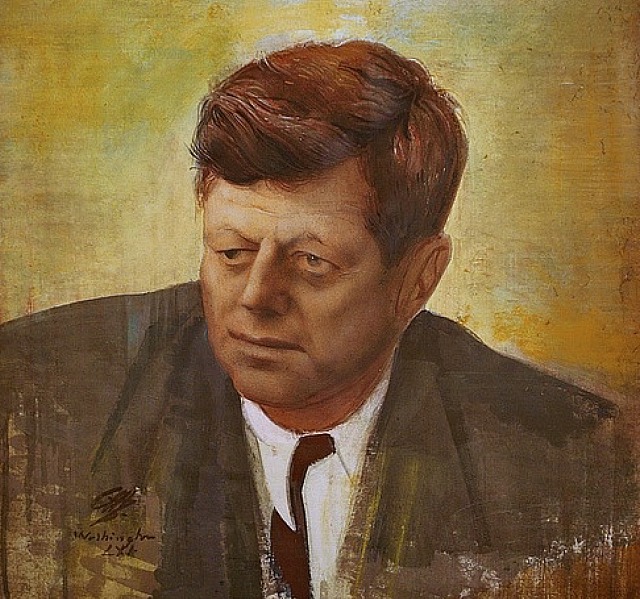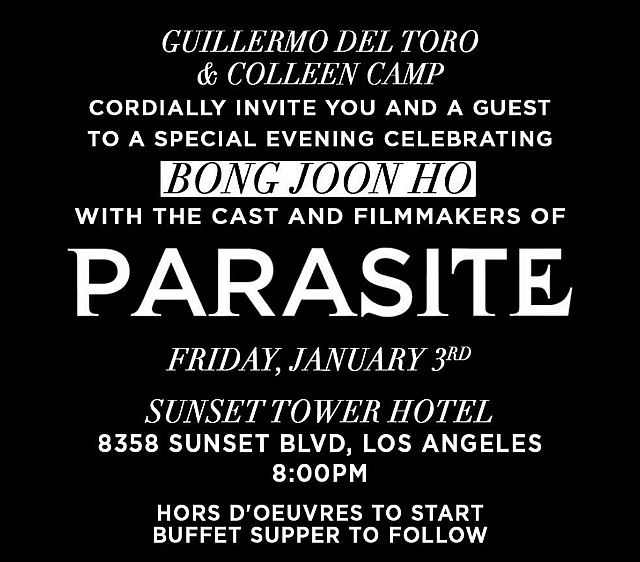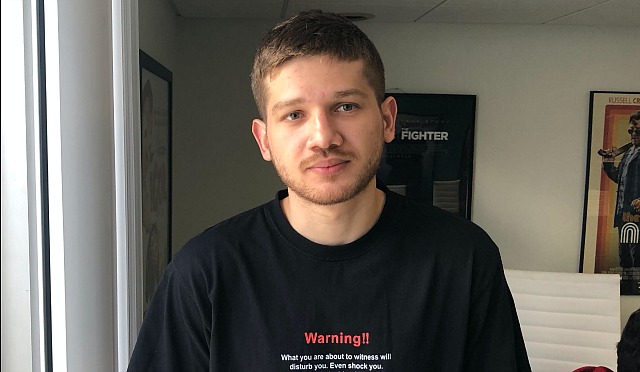Last night Team Elsewhere (Tatyana and myself) attended another great pre-Golden Globes party, a Lionsgate bash with Knives Out and Bombshell luminaries (Charlize Theron, HE’s own Rian Johnson, Toni Collette (particularly great in Netflix’s Unbelievable), Chris Evans, a less-than-fully-recognizable Ana de Armas) in attendance, and once again orchestrated by the great and garrulous and huggy-touchy Colleen Camp.
Plus Stellan Skarsgard, Billy Zane and some choice hotshot journos (Deadline‘s Pete Hammond, N.Y. Times “Caroetbagger” Kyle Buchanan, Daily Mail‘s Baz Bamigboye, Showbiz 411‘s Roger Friedman, Variety‘s Jazz Tangcay, Awards Daily TV and movie guy Clarence Moye).
It was cacophonous and a bit crowded but curiously relaxing…just a perfect, honeyed, shelter-from-the-storm vibe up and down…all tony amber and candles and low-light shadow and hors d’oeuvres every which way. Okay, the music was a bit loud.
Prior to the event we chilled with Phillip Noyce and Vuyo Dasi at the San Vicente Bungalows bar — smallish, quiet, darkly lighted, intimate, low-ceilinged. We were greeted by maitre’d Dimitri Dimitrov (formerly of the Sunset Tower bar-restaurant).
BTW: This being January 2020 and all, Tatyana and I have long since forgotten about that bizarre July 2017 episode when a Chateau gatekeeper wouldn’t allow us to visit on our own steam, possibly because they didn’t like the cut of my white pants.





